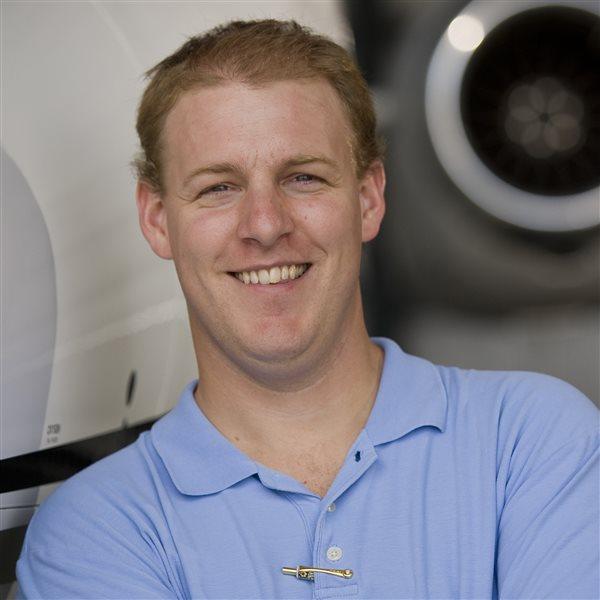Examining the safety of training during the pandemic
In aviation we’re often faced with the questions of could versus should. The FARs provide a baseline of could, but it’s our training in aeronautical decision making and our past experiences shaping our judgement that decide should.
The global coronavirus pandemic has brought to light a division amongst flight training operations on this question. Stay-at-home orders have been issued for most states, limiting outings for non-essential employees to the grocery store, pharmacy, and medical providers. For certain essential employees—everyone from the grocery store clerk to the doctor—the order allows for the continuation of work and the transit to and from.
Early in the crisis, the federal government issued a list of essential operations, and transportation was included. Presumably that meant the airlines, air cargo, and medevac. But many flight schools have interpreted their various state’s guidelines to include flight instruction. For these schools the “could” test has been answered. Flight training is legal to continue, and therefore it will. But for thousands of other schools around the country the question of “should” is paramount.
Christopher Braun owns the NorCal Flight Center in Sacramento. On March 20 he told his CFIs he would be closing the flight school during the pandemic. Without another source of income, many of them wanted to continue. “I told them I wanted them to discuss with their families about continuing to work before they made a decision,” he said. “Afterwards, everyone agreed they were going to hold off.”
For Braun the decision to close, while not taken lightly, was fairly easy. He couldn’t think of a way to keep the school open while ensuring the safety of his students and staff. And it frustrates him that not every school has come to the same conclusion. “I think that everyone that has stayed open is putting money before the interests of their staff or clients.,” he said. Open for only a few years, Braun holds no debt from the school. His biggest expense is his $1,200-a-month rent, and for that he was able to get a temporary reduction. He knows he and his instructors will lose money, but Braun sees this as a moral question, and he believes you can’t justify staying open while you teach about the impact of hazardous attitudes.
Online, the conversation on the question is intense. At the time Braun closed, the hive mind leaned heavily toward staying open and continuing to train. But as more people across the country have become sick, the consensus has changed and more have come to the side of closing operations, even if they have the legal right to continue.
For those that are staying open, most have new procedures in place, such as dispatching from the parking lot, cleaning the airplane after every flight, and eliminating cancellation penalties. We reached out to four operations that have stayed open in states with stay-at-home orders, and none agreed to speak on the record about their decision. One said his schools hadn’t made the decision to stay open even though it was a week past the state’s stay-at-home order. Another school illustrated the potential public relations drawbacks of staying open when a local news segment reported on the owner’s threats to instructors and reward for turning in other instructors who complained.
Even for schools that have closed, some activity is safely continuing. Braun is conducting daily virtual ground lessons, and he’s looking into remote simulator training capabilities. All this while his competitors at surrounding airports continue to fly. He said he feels that schools and CFIs are staying open for money, or are simply trying to prove that they can stay open out of a misplaced effort to demonstrate independence. “As pilots, we frequently feel invulnerable, but we have to understand that we are no more important than any other person in the economy that has lost income and has mouths to feed. Everyone is hurting.”



